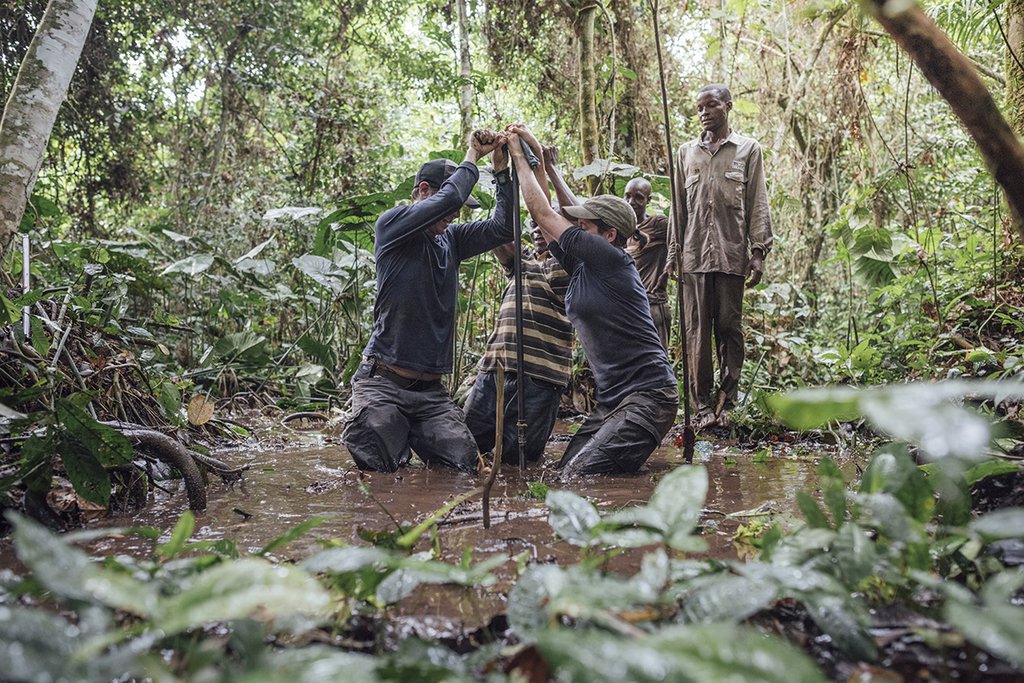Most of the historical oil and gas has been used by North America and Europe.
As a result, Europe and America have to take a large amount of blame for the current carbon dioxide crisis that is pushing global warming. While it is true that the majority of the world’s pollution will increasingly moved towards Asia, almost all of the historical emissions come from just these two continents. Having depleted many of the largest Isle and gas reserves around Europe, many European countries are not pushing into Africa. Africa is incredibly rich in oil and gas, and quite reasonably politicians in these countries argue ‘why shouldn’t we extract them and help our country grow’.

Now, laying aside for the moment the fact that virtually every country that has tried to grow it’s economy through fossil fuel extraction has failed miserably (look at Nigeria- vast areas destroyed and little to show for it, except much corruption and a vast upperclass, trying to rig the country to stay largely as it is.
There are still many countries in Africa yet to fully start extracting fossil fuels. Now let’s also ignore the fact that in terms of the world’s carbon budget, many of the reserves here must stay in the ground if we are to hope to keep global warming at manageable levels; at cop 26 most of the developed world promised to refrain from funding fossil fuel exploration in Africa, yet with a change in circumstances after the Ukraine invasion, they are going back on their word.
Not only is this terrible for the planet, in terms of global warming, many of these resources are buried beneath natural wonders – rainforests and Savannahs among others. These are ecosystems that must stay intact not only for the benefit of the natural world, but humanity as well – without them, runaway global warming is far more likely.
